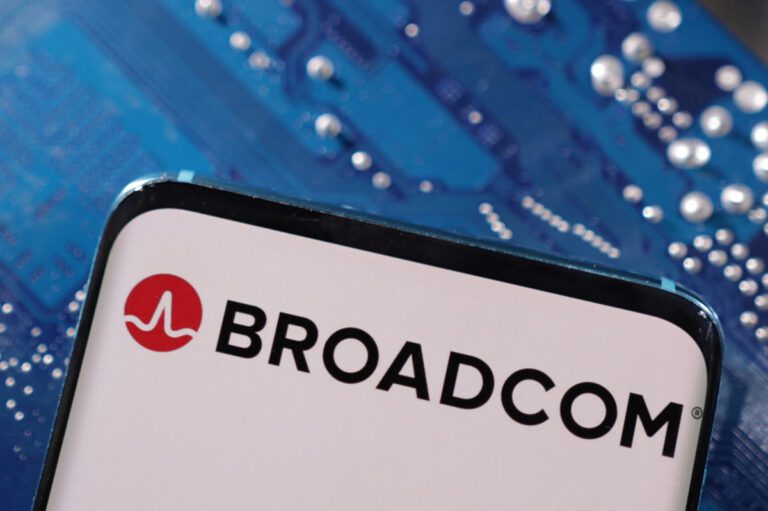Broadcom shares (AVGO) soared more than 24% on Friday as the chipmaker touted its “massive” opportunities in the artificial intelligence market during a quarterly earnings conference call the previous evening.
Broadcom CEO Hock Tan said the company expects its custom AI chips to generate between $60 billion and $90 billion in revenue over the next three years from its three existing hyperscaler customers, which the company did not name them. Tan reiterated his belief that each of the three hyperscalers will deploy 1 million clusters of its custom AI chips called XPU by 2025.
Broadcom also confirmed that it has added two more hyperscaler customers that are “in advanced development for their own next-generation AI XPUs,” which could generate additional revenue. Media reports, citing anonymous sources, indicated that these new customers could be ChatGPT-maker OpenAI And Apple (AAPL).
“We see our opportunities in AI over the next three years as enormous,” Tan said during the investor call Thursday evening.
Broadcom’s gain Friday sent it up about 98% for the year, pushed its stock price to an all-time high of $221 and propelled its market capitalization past the $1 trillion mark of dollars.
Apple is reportedly working with Broadcom to develop an AI server chip, according to The Information. The tech giants’ move to make their own server chips aims to cut costs and reduce their reliance on Nvidia’s chips (NVDA) GPU (graphics processing units). OpenAI reportedly made a similar decision in partnership with Broadcom, according to Reuters and Bloomberg.
Broadcom makes custom chips for data centers, consumer electronics like smartphones and laptops, and electric vehicles. The company has expanded into creating enterprise software with partnerships with Microsoft (MSFT) And Google (GOOG).
However, there are concerns that big tech will not be able to sustain its spending on AI infrastructure. if it cannot meaningfully monetize the new technology. OpenAI suffered about $5 billion in losses in 2024. And only 4% of U.S. workers actually use AI daily, according to a recent Gallup poll cited by Bloomberg.
Broadcom’s opportunities in AI chips are not reflected in other areas of its semiconductor business. Overall, fourth-quarter semiconductor revenues increased 12% year-over-year to $8.2 billion. This, however, masked a divergence between its AI and non-AI chips. AI chip sales increased 150% to $3.7 billion, while non-AI semiconductor revenue declined 23% to $4.5 billion.
“The reality going forward for this company is that the AI semiconductor sector will quickly overtake the non-AI semiconductor sector,” Tan said.

